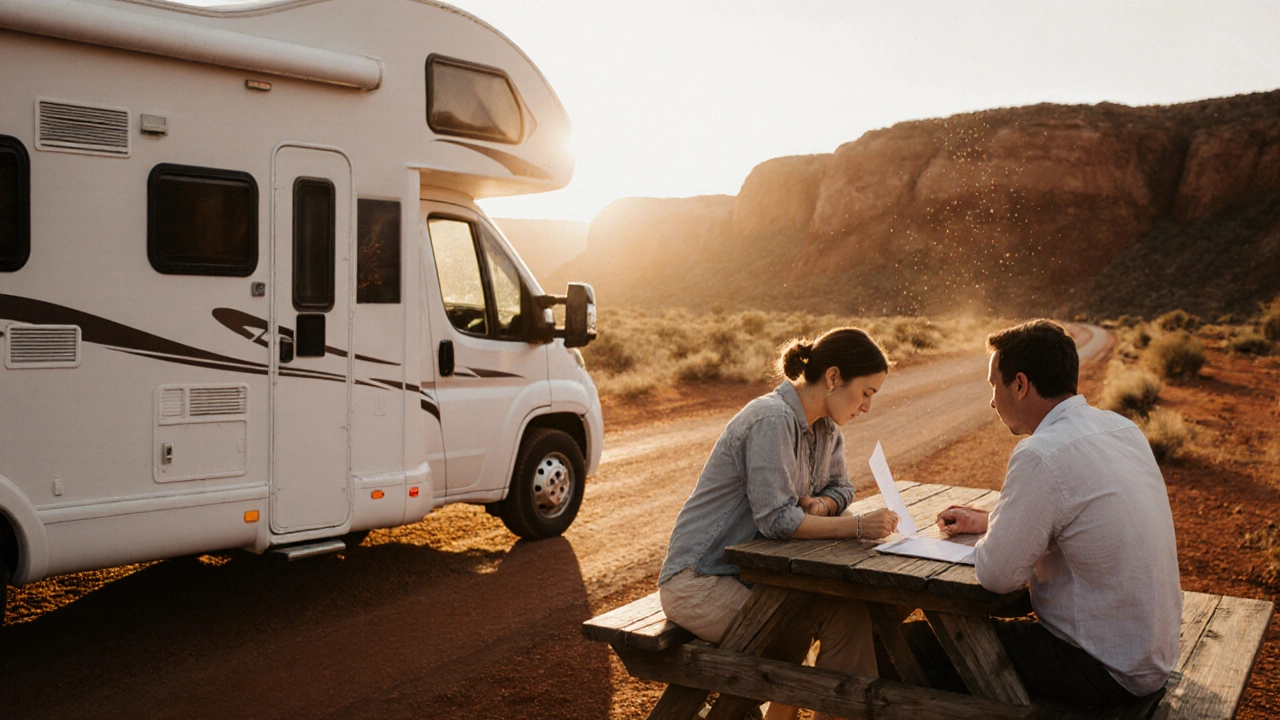Australian Camping Law – Simple Guide for Every Camper
If you’re planning to hit the bush, the beach or a national park in Australia, you need a quick cheat‑sheet on the rules. Getting caught breaking a campsite rule can ruin your trip, cost a fine, or even get you asked to leave. Below we break down the basics so you can camp safely and legally.
State Rules at a Glance
Australia doesn’t have one set of national camping laws – each state and territory writes its own playbook. In New South Wales you can wild camp on most Crown land for free, but you must stay at least 100 m from waterways. Victoria is stricter: most forest reserves need a permit, and you’ll find designated “free camping” spots only in certain regional parks. Queensland allows short stays on state forests if you keep the fire low and pack out everything. South Australia offers many free sites on the outback, but you need a Camping Permit for any spot inside a conservation park. Western Australia’s rules sit somewhere in between – you can camp on un‑vegetated land without a permit, but you must respect local signage.
Tips to Stay Legal on the Road
1. Check the sign. Most legal sites have a posted sign with the allowed stay length and any fees. If the sign is missing, assume it’s not a designated campsite and look for a nearby official site.
2. Get a permit when needed. State park websites let you apply online for a few dollars. Keep a digital copy on your phone so rangers can scan it if they stop you.
3. Know the “three‑night rule”. In many states you can stay up to three nights on free sites before you have to move on. Exceeding that often brings a fine.
4. Leave no trace. Pack out every piece of trash, fire‑proof your campfire, and fill in any holes you dig. rangers spot the mess faster than you think.
5. Boondocking with a motorhome? Boondocking – parking overnight on public land without hookups – is legal on most un‑restricted Crown land in the Northern Territory and parts of the ACT, but you still need to obey the three‑night limit and stay away from private property.
6. Use the right apps. Our latest post, “How to Find the Perfect Campsite in Australia (2025)”, lists a free campsite finder tool that shows legal spots, fire restrictions, and available facilities. It’s a lifesaver when you’re on the road.
7. Pay attention to fire bans. During hot summer months many states issue total fire bans. Even if a site is legal, lighting a fire could land you a hefty penalty.
By keeping these pointers in mind, you’ll avoid the dreaded “you’re not allowed here” call and enjoy the freedom of the open road. Happy camping!
-
 VIEW POST
VIEW POSTUnderstanding the 305 Day Rule for Motorhome and Caravan Rentals
Sep, 29 2025|0 CommentsLearn what the 305 day rule is, who it affects, and how to stay compliant when renting out motorhomes or caravans in Australia.